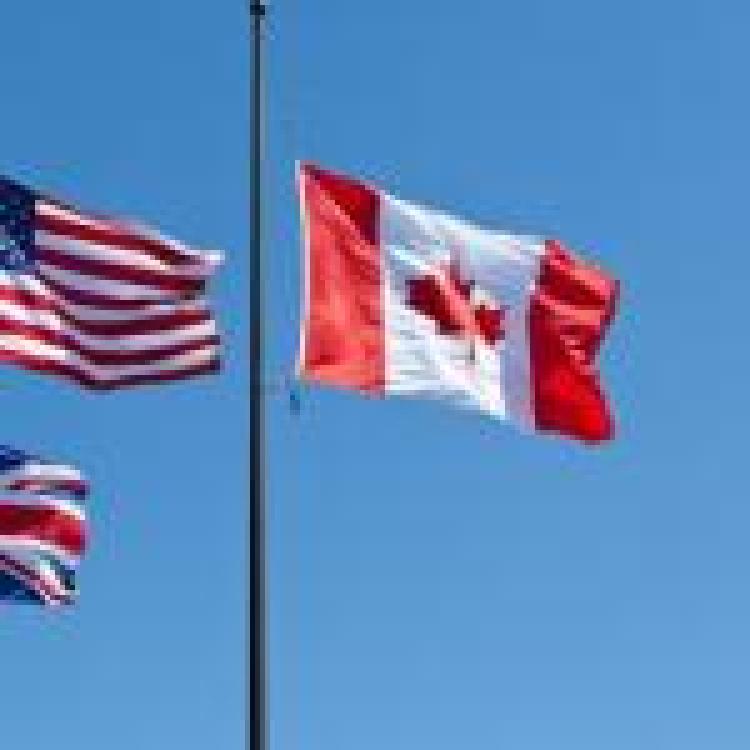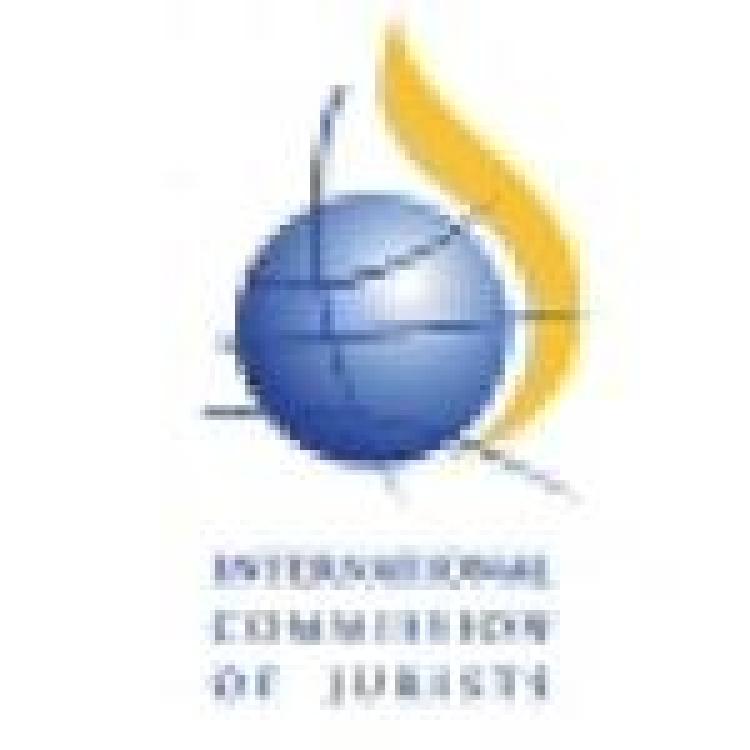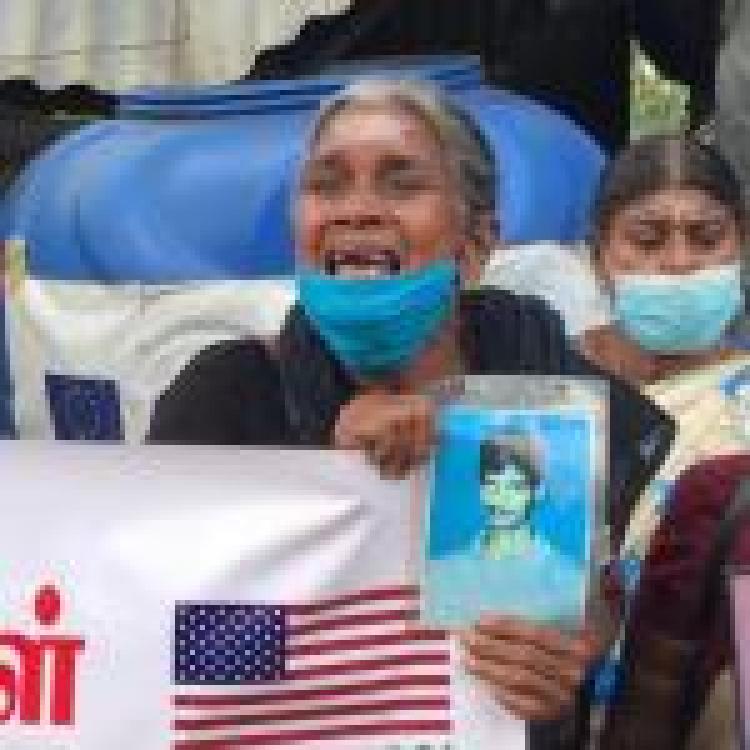.jpg)
Responding to the latest report on Sri Lanka by the UN High Commissioner, Human Rights Watch has raised concern over the “disturbing development under the Rajapaksa administration” and spoke out against the country’s “egregious record of complete impunity for appalling crimes”.
In their statement they maintain the need for international pressure stating:
“The Human Rights Council has given Sri Lanka every opportunity to address these issues over many years, and now greater international involvement is needed to help protect vulnerable groups and hold those responsible for grave international crimes to account”.
HRW also called on UN member states to act on the High Commissioners recommendations adopt a new resolution which enhances scrutiny of the human rights situation in Sri Lanka and would “pursue accountability for past and recent violations”. Included in the High Commissioner’s recommendations were calls to prosecute Sri Lankan officials implicated in war crimes in national courts under the principle of universal jurisdiction, as well as imposing sanctions and travel ban on senior officials.
Read more here: Leaked UN report highlights ICC referral, universal jurisdiction and sanctions on Sri Lanka
‘Seeds of future violence’
The UN report warns of a growing risk of future violations, noting the “deepening and accelerating militarization of civilian government functions” as well as the means by which counterterrorism legislation has been used to “stifle legitimate activities” of civil society organizations.
As of December, over 40 civil society organizations had approached the Office of the High Commissioner for Human Rights with reports of harassment, surveillance, and repeated scrutiny by various security services.
The report further details that the extent of militarisation with the Sri Lankan President appointing “at least 28 serving or former military and intelligence personnel to key administrative posts.” This includes senior military officials who have been alleged in UN reports to be implicated in alleged war crimes and crimes against humanity.
Domestic inquiry
Responding to the government’s newly appointed commission of inquiry, the High Commissioner has stated that “numerous commissions of inquiry appointed by successive governments failed to credibly establish truth and ensure accountability.” She further states that Sri Lanka “has proactively obstructed or sought to stop ongoing investigations and criminal trials to prevent accountability for past crimes.”
In January 2020, a Sri Lankan commission “intervened in favour of military intelligence officers in ongoing judicial proceedings … withholding documentary evidence, [and] threatening prosecutors with legal action.” Thus far, “not a single emblematic case has been brought to a successful conclusion or conviction.”
Religious nationalism
The High Commissioner also details the dangers minorities face in Sri Lanka with the rise in Sinhala Buddhist nationalism. The report highlights the establishment of a government advisory council staffed with senior Buddhist monks and an almost exclusively Sinhala task force to manage “archaeological heritage”.
This comes as Sri Lanka has passed the 20th amendment to its constitution which “has fundamentally eroded the independence of key commissions and institutions, including the HRCSL [Human Rights Commission of Sri Lanka], the Election Commission, the National Police Commission and the judiciary.”
The report also criticised the government’s draconian policy forced cremations which violates the religious rights of Muslims and is without scientific basis.
Read the full HRW statement here.




